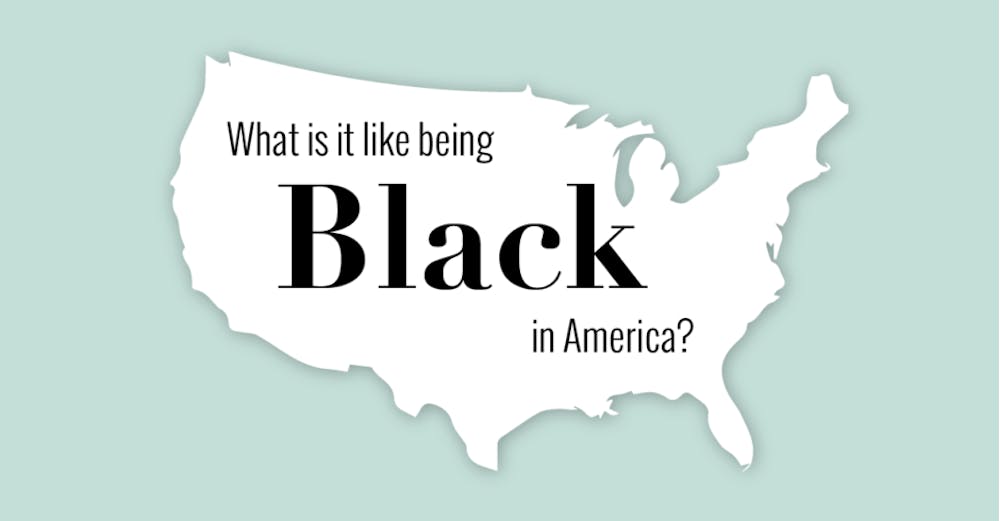The first slave ship, the White Lion, arrived on Virginia’s shores in 1619. From that period on, a little more than 300,000 Africans and their descendants struggled with their freedom until President Abraham Lincoln signed the Emancipation Proclamation in 1863.
Freedom didn’t create equality. African Americans continued to face racial issues and injustices. The Civil Rights Movement began in the mid-1950s. During the movement, schools and public areas became integrated and African Americans overcame laws that restricted their voting rights.
While racial relations in America have improved immensely, there are still injustices minorities face, particularly in the criminal justice system. A study done by Cassia Spohn, the director of the School of Criminology and Criminal Justice at Arizona State University, found that African American and Hispanic males – especially those who are young and unemployed – are more likely to be sentenced to prison than their white equivalent. More recently, Black Lives Matter, a movement created in the summer of 2013 after the shooting of Trayvon Martin, has demanded dignity, justice, and respect for black Americans, especially in regard to police shootings of young black men.
To understand the plight of black men and women in America, Ball Bearings sat down with Melinda Messineo, the chair of the department of sociology at Ball State University, Leon Jackson, the Youth and Family Programs Director for Indiana Black Expo, Inc., along with Allyson Edmonds, and Vince Reese – both of which are students. With their responses, they discuss what it means to be black in America. After initial interviews, each read the responses of the other three, and then reflected on what the others said.
To continue reading, visit ballbearingsmag.com.





